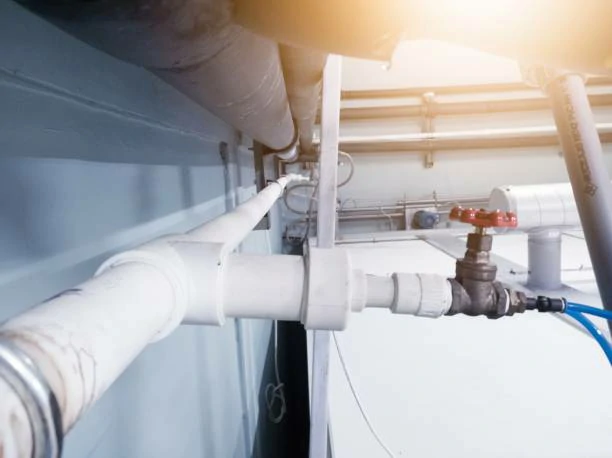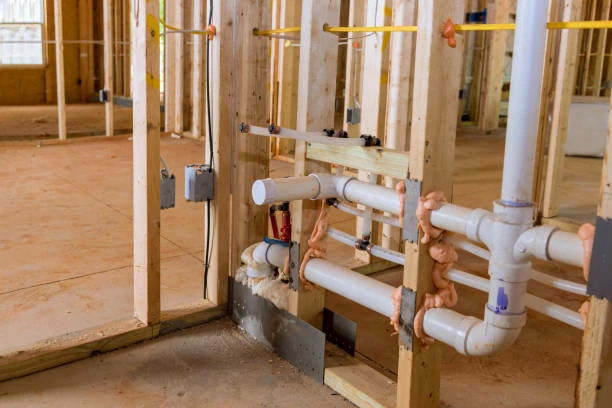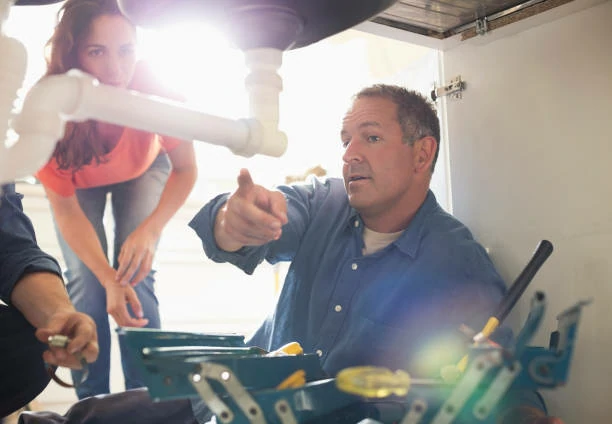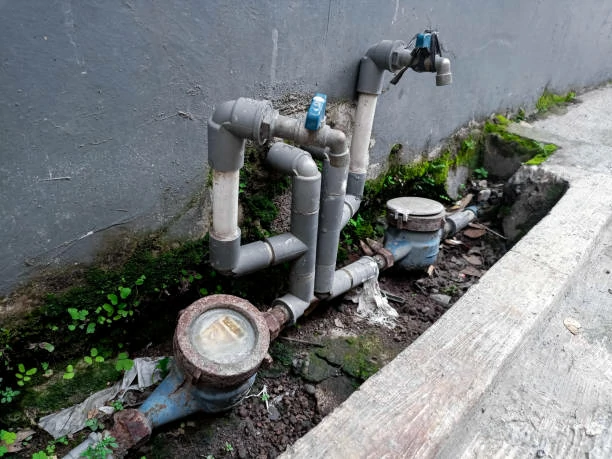Introduction:
The production and recycling of PVC pipes have significant environmental implications that need to be carefully considered. By examining these factors, we can better understand the environmental footprint of PVC pipe manufacturing and explore opportunities for sustainable practices.
1. Environmental Impact of PVC Pipe Production
The production of PVC pipes involves various processes that can have both positive and negative environmental effects. Understanding these impacts is essential for mitigating environmental harm and promoting sustainable practices.
Energy Consumption: PVC pipe production requires significant energy inputs, primarily for the extraction and processing of raw materials, as well as the manufacturing and transportation of finished products. This energy consumption contributes to greenhouse gas emissions and air pollution, impacting climate change and air quality.
Resource Depletion: The extraction of raw materials for PVC production, such as petroleum or natural gas for PVC resin and additives, can lead to resource depletion and habitat destruction. Additionally, the production of PVC resin involves the use of chlorine, a chemical derived from salt, which can have environmental consequences if not managed properly.
Waste Generation: PVC pipe manufacturing generates waste and by-products at various stages of the production process, including offcuts, trimmings, and wastewater. Proper waste management and treatment are essential to minimize environmental contamination and reduce the ecological footprint of PVC pipe production.
Chemical Pollution: The production of PVC pipes involves the use of chemical additives, such as plasticizers, stabilizers, and pigments, which can leach into the environment during manufacturing, use, and disposal. These chemicals may pose risks to human health and ecosystems if not properly controlled and regulated.
2. Recycling Opportunities and Challenges for PVC Pipes
While PVC pipe production has environmental impacts, recycling offers opportunities to mitigate these effects and promote a circular economy approach to resource management. However, there are challenges and limitations to PVC pipe recycling that need to be addressed.
Recycling Technologies: Several recycling technologies exist for PVC pipes, including mechanical recycling, chemical recycling, and thermal recycling. Mechanical recycling involves shredding and melting PVC pipes to produce recycled materials for new products. Chemical and thermal recycling methods break down PVC into its constituent components for reuse or energy recovery.
Quality and Contamination: One challenge in PVC pipe recycling is maintaining the quality and purity of recycled materials. Contamination from dirt, debris, or other materials can affect the performance and properties of recycled PVC, limiting its applications and market value.
Collection and Sorting: Another challenge is the collection and sorting of PVC pipes for recycling. Unlike paper or glass, PVC pipes are often buried or integrated into infrastructure, complicating recovery and recycling. Effective collection and sorting systems are crucial to divert PVC pipes from landfills.
Market Demand and Economics: Market demand for recycled PVC pipes depends on regulatory requirements, consumer preferences, and economic incentives. Growing demand for sustainable products may drive opportunities, but economic viability is crucial.
Conclusion:
The production and recycling of PVC pipes have both environmental impacts and opportunities for sustainability. Understanding and implementing best practices in manufacturing, waste management, and recycling can minimize the environmental footprint of PVC pipe production. Collaboration among stakeholders is essential for a sustainable future.
Contact
IFANPLUS is a specialized product series launched by IFAN, primarily covering plastic pipes, fittings, and various types of valves. We offer PPR and PVC pipes in German and American standards, ensuring the high quality and reliability of our products. IFANPLUS valve products include a variety of valves, from PPR valves to other diverse copper valves, catering to your specific requirements. Whatever product you need, IFANPLUS will be your reliable partner. Here is our contact information.
We will reply your email or fax within 24 hours.
You can call us at any time if there is any question on our production.
For more information,pls visit our webside https://www.ifanplus.com/
Pls Mailto: [email protected]






